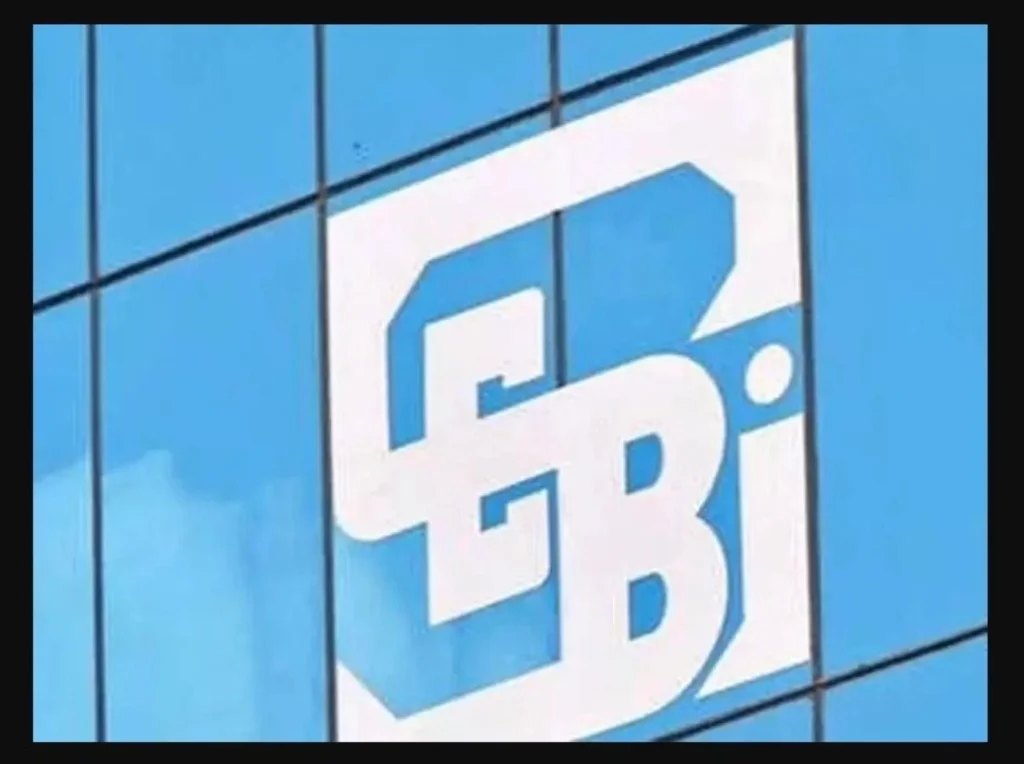
SEBI has formally approved the National Stock Exchange’s (NSE) proposal to shift its weekly Futures and Options (F&O) contract expiry from Thursday to Tuesday, effective from June 15.
The move, announced by Economic Times and ET Now, comes as part of a broader regulatory initiative to streamline India’s equity derivatives market and enhance market stability.
A Regulatory Re‑Calibration For Stability
The SEBI directive, which surfaced in May, mandated that all recognised stock exchanges select either Tuesday or Thursday as the weekly expiry day for equity derivatives contracts.
The move was conceived to curb “expiry‑day hyperactivity,” a phenomenon where concentrated contract expiry across multiple days disrupts liquidity and heightens volatility.
Exchanges were instructed to submit their preferred expiry day by June 15, 2025. While the Bombay Stock Exchange (BSE) had already chosen Thursday, the NSE opted for Tuesday, thereby adopting a staggered approach intended to distribute market activity more sensibly over the week.
Why Tuesday? The Logic Behind NSE’s Choice
Market analysts highlight that Tuesday’s expiry is favoured due to its longer trading cycle. A contract expiring on Tuesday offers investors three trading sessions, Friday, Monday and Tuesday, to strategise and manage positions, compared to just two sessions for Thursday expiry, Tuesday and Wednesday.
A Moneycontrol strategist summarised it succinctly, “Options activity doesn’t pick up evenly through the week. Friday, Monday, and Tuesday become the real strategy window for a Tuesday expiry.”
This additional time acts as a buffer, allowing for smoother rollovers, better hedging, and reduced time-decay pressure for option sellers and hedgers.
Uniformity Versus Innovation: SEBI’s Balancing Act
The May 26 circular from SEBI neatly balances the need for market differentiation with investor safety. Exchanges are still permitted to innovate; they may maintain one weekly benchmark index option contract on their chosen day, along with monthly, quarterly, and long‑dated contracts on the last Tuesday or Thursday each month.
Yet, SEBI has emphasised that any future changes to expiry or settlement days must receive prior regulatory approval, preventing sudden or uncoordinated shifts in market schedules.
Impact on Exchanges and Participants
For NSE, this transition marks a significant operational shift. Trading platforms, clearing systems, broker operational workflows, and market calendars have all been realigned to reflect the new Tuesday expiry cycle.
While BSE retains Thursday expiry, the staggered systems may impact arbitrage strategies and liquidity flows. As Moneycontrol observed, staggered expiries previously encouraged speculative arbitrage between the two exchanges, an avenue now expected to narrow.
Market Reaction: Volatility, Liquidity and Surveillance
Short‑term impacts are mixed. Some market participants anticipate “expiry crowding,” a potential short‑term surge in trading volume, and intra‑day volatility as traders adjust to the new cadence. Conversely, in the medium term, a more orderly flow of trades is anticipated, which will offer investors greater predictability.
Surveillance systems and risk‑management teams at exchanges and brokerages, which were previously stretched across multiple expiry events, are likely to function more efficiently under a two‑day expiry regime.
Retail Investor Protection
Regulatory attention on expiry concentrations stems from measurable retail investor losses. Over the past few years, individual traders in the F&O segment have incurred cumulative losses in the region of ₹1.8 trillion, while many traded in a hyperactive manner across multiple expiry dates.
By consolidating expiry events, SEBI aims to moderate speculative spikes, allowing retail investors time to digest market cues and tone down abrupt moves in momentum around contract termination.
Industry Outlook and Next Steps
Now that SEBI has given the green light to NSE’s Tuesday expiry proposal, both major exchanges will incorporate this change from June 15 onwards. Brokers and market infrastructure providers are currently updating their booking systems, margin frameworks, and data feeds to ensure compliance with new regulations.
Traders are advised to recalibrate models, trading strategies, and risk tools in light of the altered expiry cycles. The staggered timings could reshape liquidity patterns, requiring adaptation but also offering new strategic opportunities amid more apparent trading timelines.
Conclusion
SEBI’s approval of NSE’s F&O expiry shift from Thursday to Tuesday marks a pivotal step towards rationalising India’s derivatives market calendar. By limiting weekly expiries to two days and empowering exchanges with choice, the regulator seeks to preserve efficiency while reinforcing structural stability.
For market participants, the shift heralds a period of adjustment but with the promise of smoother trading and better risk governance in the long run.
As trading systems prepare for the new rhythm, the focus will be on how the market absorbs the change, whether it brings calmer waters, sharper discipline, and stronger protection for investors.





